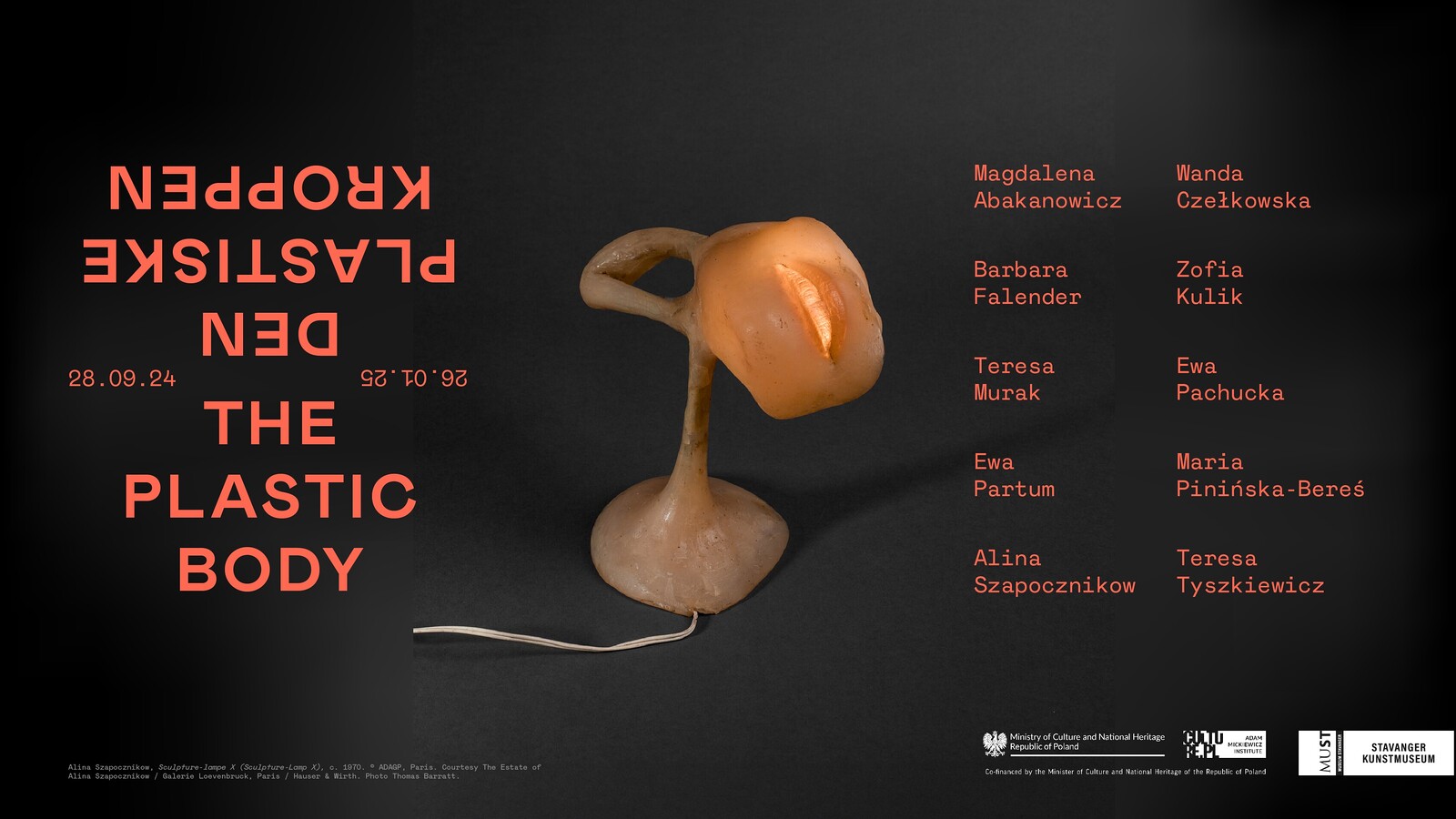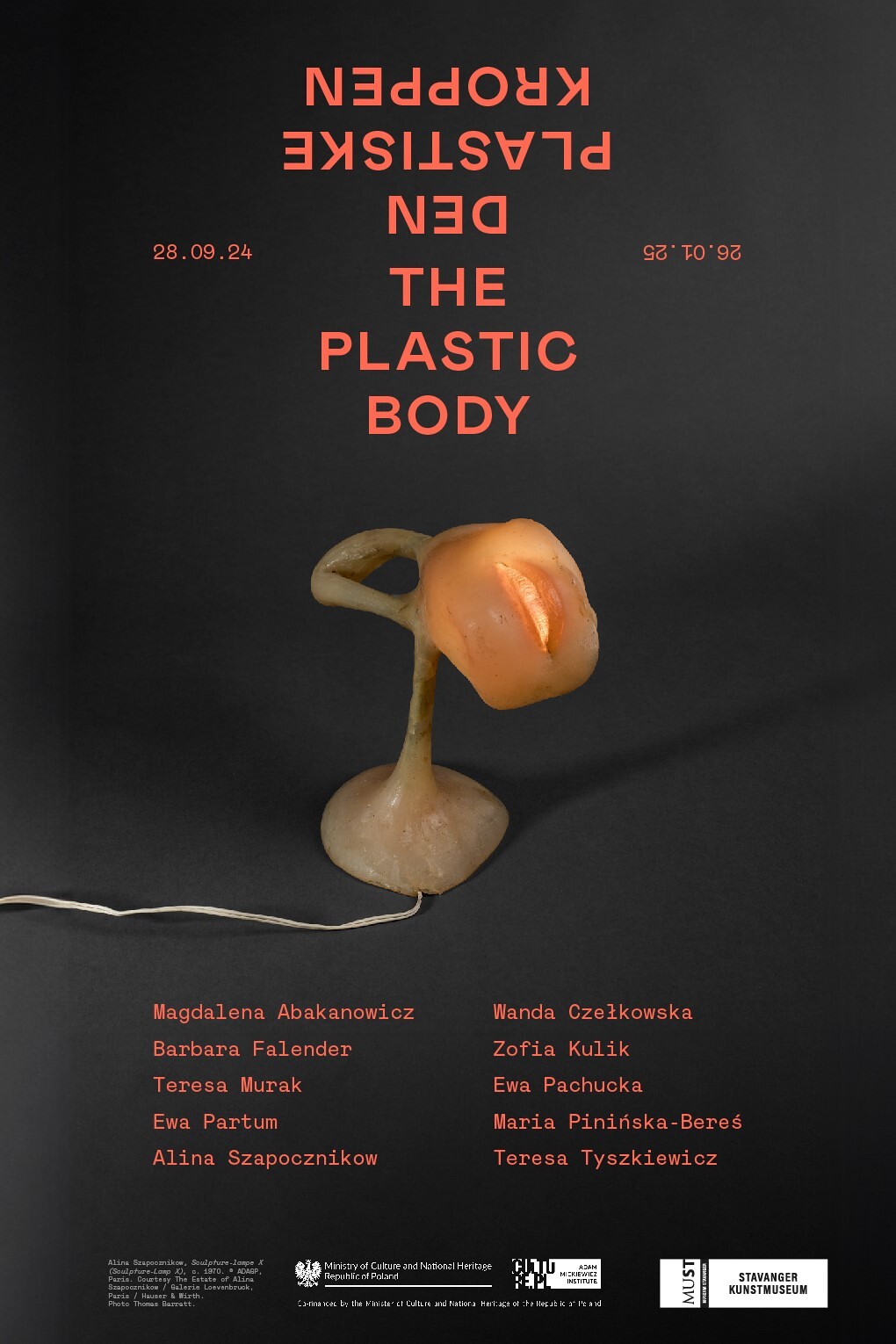Data Garden
January 20–April 1, 2023
Blenheim Walk
Leeds LS2 9AQ
United Kingdom
Hours: Monday–Saturday 10am–4pm
T +44 113 202 8000
Blenheim Walk Gallery is pleased to present the exhibition Data Garden by Kyriaki Goni bringing together The mountain islands shall mourn us eternally (Dolomites Data Garden) 2022 and A way of resisting (Athens Data Garden) 2020.
Data Gardens are formed of endemic plants, native to a specific geographical area, the only place where the plant grows naturally. The Data Garden exhibition presents the stories of two endemic plants: a hybrid of the Dolomites’ indigenous plant Saxifraga depressa and the Micromeria acropolitana, growing exclusively at the rocky terrain of the Acropolis. A story of small secret communities unfolds throughout the exhibition revealing their efforts to protect the plants whilst experimenting on new technologies of storing data in the plants’ DNA. Almost as if Haraway’s cyborg becomes a fusion of plant/machine in a revolutionary process of converting plant life into memory devices, disrupting hegemonic surveillance practices and processes of extractivism.
Data centres, one of the main digital ecosystems, allow us to store and share information, providing access to applications and data at great environmental costs. As the number of technological mega-infrastructures is constantly increasing across the world, so is the impact of digital activity on the natural environment; energy and water consumption, greenhouse gas emissions, waste, land use and biodiversity are some of the areas affected. Today’s climate emergency brings into question the growing demand of data centres to sustain our current techno-dependent practices, seeking for alternative solutions. Thus, the data garden communities advocate not only on privacy and informational self-determination but also on environmentally conscious and effective data management.
The mountain islands shall mourn us eternally (Dolomites Data Garden) 2022, presents the latest Data Garden community and a plant; a hybrid of Ortiseia leonardii, a conifer fossil 260 million years old, and Saxifraga depressa, a rare white flower that grows only on the summits of the Dolomites between 2000 and 2850 meters. The Dolomites, an ecosystem of high plant biodiversity in the Alps, has been recognized as one of the richest areas of endemism; they are also one of the most intensively exploited regions in the world. Mass tourism infrastructure continues to present a threat to the landscape resulting in habitat change and pollution. Excessive development, over-exploitation of land and climate warming necessitate the migration of plant species from lower altitudes to the summits, shifting to new territories in pursuit of more suitable and colder microclimates.
A way of resisting (Athens Data Garden) 2020 focuses on the first Data Garden and the plant Micromeria acropolitana, a small and humble perennial species, considered extinct for almost a century until its rediscovery in 2006. Endemic to the Acropolis hill—an archaeological site with more than sixteen thousand visitors per day, human disturbance becomes the plant’s greatest threat. Kyriaki Goni takes the species’ vulnerability as a point of departure to present a fictional story of a secret community’s efforts to preserve plant life and data privacy. In doing so the artist invites us to imagine a network of plant/machines operating as data storage devices, utilising experimental scientific methods that allows for information to be stored into a plant’s DNA. The installation’s storyline does not unfold as a precise linear sequence, but rather reveals the interconnectedness, inseparability, and synthesis of natureculture.
In Kyriaki Goni’s Data Garden fiction and scientific facts are intertwined in an attempt to provide alternative futures and forms of resistance. Prints, videos, interviews with scientists, a sculpture, a polyphonic sound installation, and an Augmented Reality application are coming together to offer the potential for new insights into multi-layered, socio-eco-technological relationships. Data Garden invites us to critically evaluate the climate impact of digital technology with particular focus on the growing demand for data storage and the expansion of data centres’ infrastructures. Potential alternative storage solutions are proposed by the artist as imaginaries of a sustainable future. The exhibition brings together the two data gardens for the first time as a proposition of glocal, eco-technological networks of human and plant life promoting synergy, care, and solidarity.
Kyriaki Goni was born in Athens, Greece, where she lives and works. Employing a variety of media, her artistic practice explores the political, affective and environmental aspects of technology. She focuses on extractivism, surveillance, human and other than human relations, distributed networks and infrastructures. Manifesting through websites, drawing, videos, sound, and text, her installations build alternative ecosystems and shared experiences by connecting the local with the planetary, the fictional with the scientific.
Solo exhibitions include SixtyEight, Copenhagen (2022); Kunstverein Ost, Berlin (2022); Onassis Stegi, Athens (2020); DrugoMore, Rijeka (2020); Aksioma, Ljubljana (2019). Group shows include EMST; Athens (2023), Taiwan Contemporary CultureLab (2022), Hong Kong New Media Arts (2022), Gherdeina Biennale (2022), Warsaw Biennale (2022), Shanghai Biennale (2021), Ars Electronica (2021), Thessaloniki PhotoBiennale (2021), Tallinna Kunstihoone (2021), You and AI, Athens, Rome (2021); Art Athina (2021), Thessaloniki International Film Festival (2021), Transmediale (2020, 2019), Istanbul Design Biennale (2020), Trondheim Biennale for Art & Technology (2020), Freiburg Museum für Neue Kunst (2020), IMPAKT (2020, 2018), ArtSpace Pythagorion (2019), The GlassRoom San Francisco (2019), Tomorrows-Urban Fictions (2017, 2019), NVG Triennial Melbourne (2017), SIGGRAPH (2016), ISEA (2015).
Blenheim Walk Gallery at Leeds Arts University contributes significantly to the university’s research and educational curriculum, with a dynamic public programme of exhibitions, publications, talks, commissions, performances, symposia. In response to a global moment of environmental and sociopolitical crisis, our curatorial programme invites local and international artists, curators, researchers, and academics to present their research-practice on the most pressing challenges of contemporaneity.



